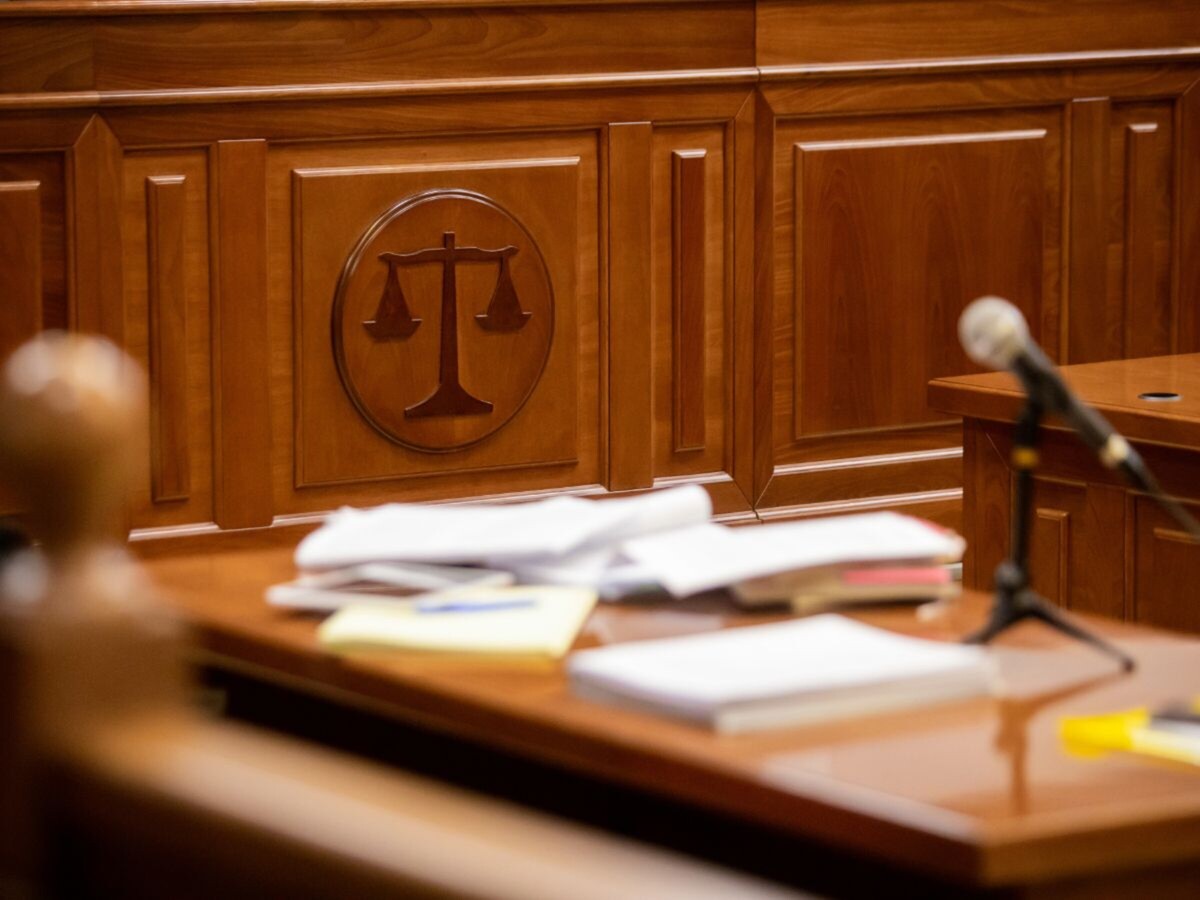New Jersey Businessman Pleads Guilty to Decade-Long Tax Evasion Scheme
Joseph Caravella, a masonry construction company owner, admits to evading over half a million dollars in taxes, facing up to five years in prison.
RANDOLPH, NJ - In a significant development in federal court, Joseph Caravella, 58, of Randolph, New Jersey, has pled guilty to charges of tax evasion that spanned over a decade, potentially leading to a five-year prison sentence. U.S. Attorney Philip R. Sellinger announced the plea, which was entered before U.S. District Court Judge Madeline Cox Arleo in Newark.
Caravella, the owner of several masonry construction companies in New Jersey, admitted to systematically evading taxes from 2008 to 2019. During this period, the IRS assessed approximately $650,000 in Trust Fund Recovery Penalties against him for failing to pay employment taxes associated with his businesses.
The plea reveals Caravella's intricate methods to dodge these taxes, including using nominee owners to mask the true ownership of his companies, providing the IRS with misleading information, and filing false tax returns. He also misused corporate funds for personal expenses and manipulated financial declarations to underreport his income, complicating the IRS’s efforts to collect the rightful taxes.
The charge of tax evasion carries a substantial penalty of up to five years in prison and a fine of $250,000. His sentencing is scheduled for March 18, 2025, which will conclude a saga of lengthy and complex evasion tactics that have finally caught up with him.
The investigation, led by special agents of IRS-Criminal Investigation under the direction of Special Agent in Charge Jenifer L. Piovesan, underscores the government's commitment to pursuing tax evaders no matter the length or complexity of the schemes involved. Assistant U.S. Attorney Shontae D. Gray of the Economic Crimes Unit in Newark, along with Trial Attorneys Kenneth Vert and Evan Mulbry of the Justice Department’s Tax Division, represent the government in this pivotal case.
This guilty plea serves as a stark reminder of the consequences of flouting tax laws and the importance of maintaining transparency and accountability in business operations, particularly in sectors as crucial as construction.















